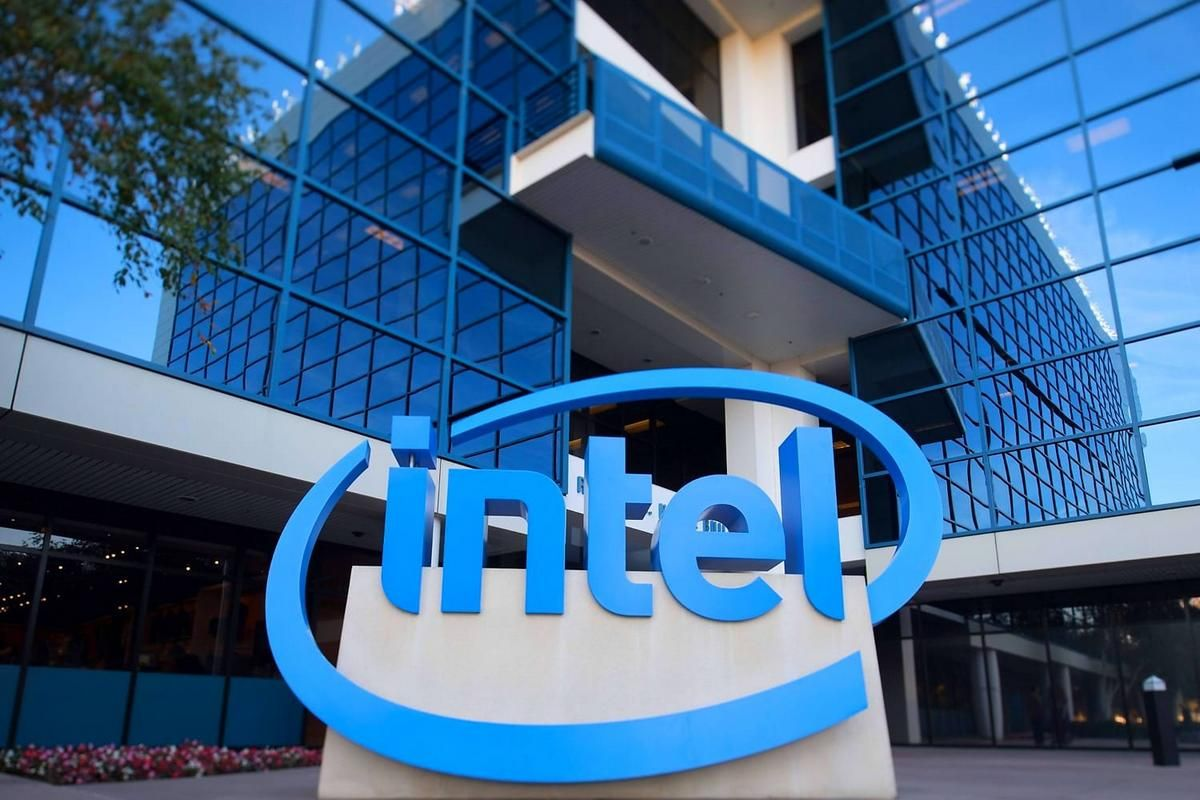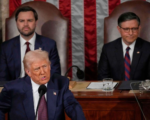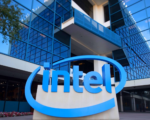Intel Corporation has disclosed that its recent $7.86 billion subsidy deal with the U.S. government includes significant restrictions on selling stakes in its chip manufacturing unit, Intel Foundry, if it becomes an independent entity. The subsidy, part of the U.S. Commerce Department’s $39 billion initiative to boost domestic semiconductor production, aims to reduce reliance on foreign manufacturers like Taiwan Semiconductor Manufacturing Co.
Under the terms of the deal, Intel must retain at least 50.1% ownership of Intel Foundry if it is spun off as a privately held subsidiary. If the unit becomes publicly traded, Intel is prohibited from selling more than 35% of the company to a single shareholder without potentially breaching change-in-control provisions.
Intel’s Expansion Plans and Subsidy Compliance
The restrictions are tied to Intel’s ambitious $90 billion investment in domestic semiconductor facilities in states such as Arizona, New Mexico, Ohio, and Oregon. These projects are critical to the company’s strategy to enhance U.S.-based manufacturing of cutting-edge chips.
The U.S. Commerce Department confirmed that similar change-in-control conditions are being negotiated with all recipients of direct grants under the subsidy program. Any significant changes in the ownership structure of Intel Foundry would require prior approval from the Commerce Department.
Intel CEO Pat Gelsinger announced earlier this year plans to spin off the company’s chip manufacturing operations as a separate subsidiary and indicated openness to external investments. However, the subsidy terms could limit Intel’s flexibility in pursuing partnerships or raising additional capital for Intel Foundry.
Industry Context and Future Implications
The $39 billion subsidy initiative is part of a broader effort by the U.S. government to strengthen the domestic semiconductor industry, ensuring resilience against global supply chain disruptions. Other industry giants like Taiwan Semiconductor Manufacturing Co. are also benefiting from this program, signaling a shift toward reshoring critical technology production.
While Intel has not commented further on the subsidy’s restrictions, the provisions underscore the U.S. government’s emphasis on maintaining control and oversight of taxpayer-supported manufacturing initiatives.
As Intel continues its expansion projects, compliance with these restrictions will be pivotal to securing its role as a leader in U.S. chip manufacturing and leveraging the subsidy to achieve its long-term goals.

















